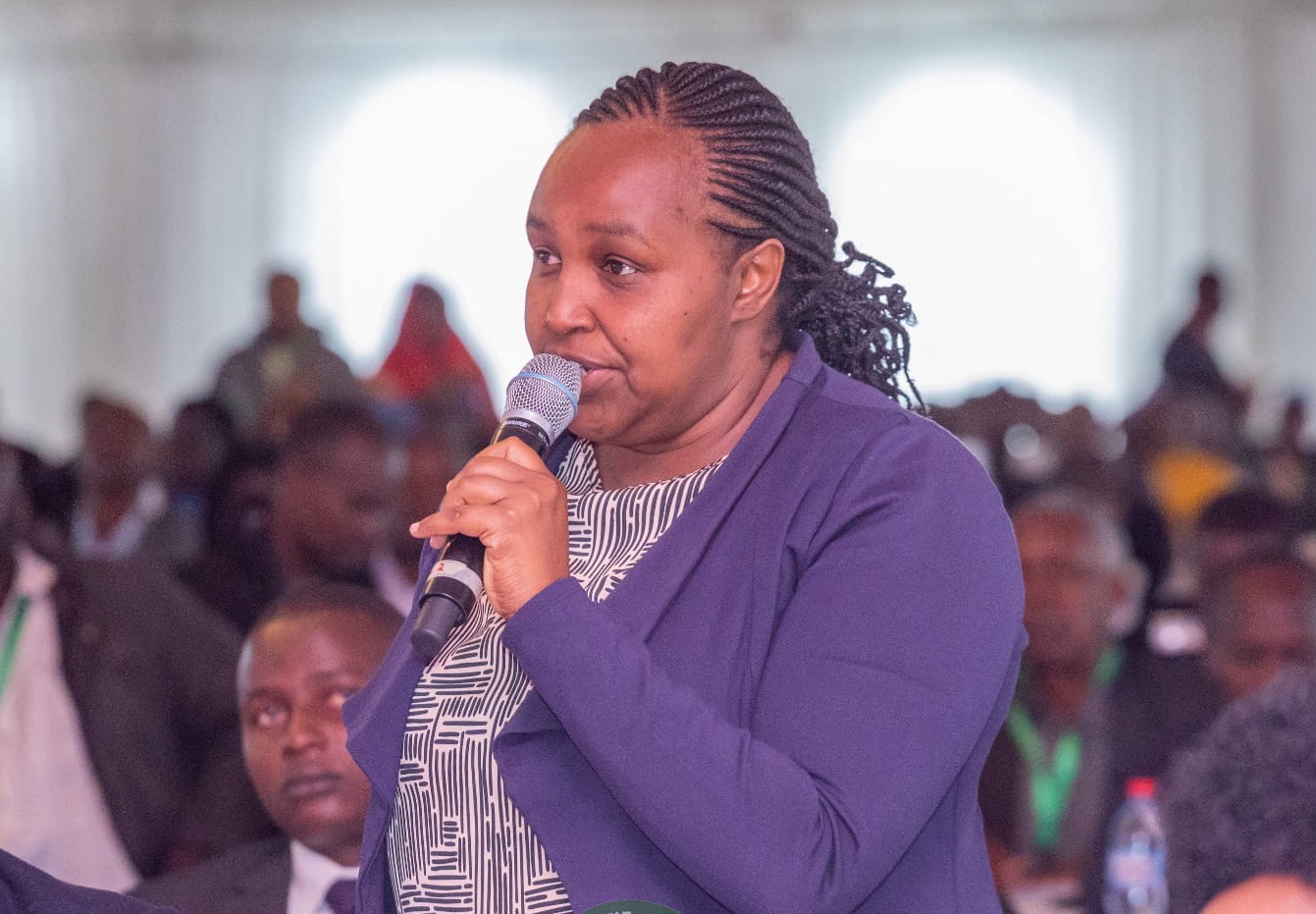Sh100m spyware budget sparks outrage ahead of controversial ICT law debate

The cash, tucked into the 2025/26 budget passed by the national Assembly, will fund Optimus 3.0, a powerful surveillance tool aimed at monitoring internet and social media activity.
The government is pumping Sh100 million into digital spying — arming the DCI with spyware to track what Kenyans post, share, and say online.
The cash, tucked into the 2025/26 budget passed by the National Assembly, will fund Optimus 3.0, a powerful surveillance tool aimed at monitoring internet and social media activity.
More To Read
- MPs back Bill empowering authorities to shut rogue websites, deactivate accounts
- Kenya unveils Sh19 billion plan to overhaul national data systems
- Kenya acquires advanced cyber tools sparking privacy concerns
- Data Protection Commissioner moves to protect online personal data with new guidelines
- Data Commissioner fines school Sh500,000 for sharing student’s personal data without consent
- ICJ Kenya welcomes ruling declaring Worldcoin’s biometric data collection illegal
The spyware enables the State to infiltrate devices, collect user data, and decrypt encrypted communications, violating the Data Protection Act.
It operates without user consent and transmits information to third parties. The budget allocation comes as Parliament prepares to debate the Kenya Information and Communication (Amendment) Bill, 2025, which has drawn sharp criticism for giving the Cabinet Secretary for Information wide powers over digital communications.
Aldai MP Marianne Kitany is sponsoring the Bill, which seeks to empower the Cabinet Secretary to monitor and demand data from Internet Service Providers (ISPs), telecom companies and cyber operators.
If passed, the law would give the State the ability to legally monitor online behaviour and obtain information on subscribers without a court process.
Former National Assembly Speaker and ex-Public Service Cabinet Secretary Justin Muturi has questioned the timing and intention of the spyware funding. “They’re already snooping on Kenyans. The Bill seeks to regularise an illegality already in force. This is clear evidence that President Ruto is determined to roll back the freedoms Kenyans fought so hard for,” he said.
He also warned that the law would reverse democratic gains.
“The President wants to take Kenya back to the dark days, he’s nostalgic for the trappings of dictatorship and the imperial presidency of the past,” he said.
Critics say the Bill could also weaken the Media Council of Kenya’s (MCK) authority to regulate broadcast content by creating a parallel State-led system of surveillance. Alongside the spyware funds, Sh300 million has been allocated to MCK for content monitoring, regulation, and to support operations of ICT media centres.
The Bill also seeks to amend Section 27A of the Kenya Information and Communication Act to introduce metered billing systems.
This would force ISPs to assign each customer a unique meter number and track internet usage in detail.
“The Bill seeks to require ISPs to develop and deploy quality metered billing systems capable of monitoring customer usage, translating it into readable data, generating invoices based on consumption, and aligning metrics with the value of services used,” the Bill states.
If passed, the new law and funding could set the stage for one of the most intrusive digital surveillance regimes in Kenya’s history.
Top Stories Today













































